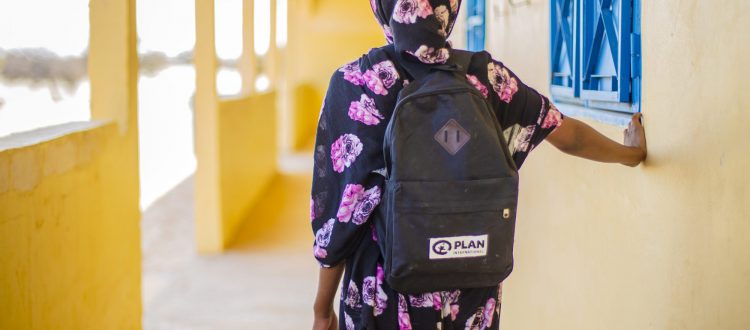Story of a Little Girl: Reflect on the Implementation of Inclusive Education
In Hong Kong, we enjoy 12 years of free education and we never lack the opportunity to receive an education. In many other places across the world, children have to overcome hurdles after hurdles just to go to school.
Soungaye is a 16-year-old girl in Mali. Before COVID-19, Mali has long been politically unstable and suffering from droughts, leaving over 1,100 schools unfunctional.
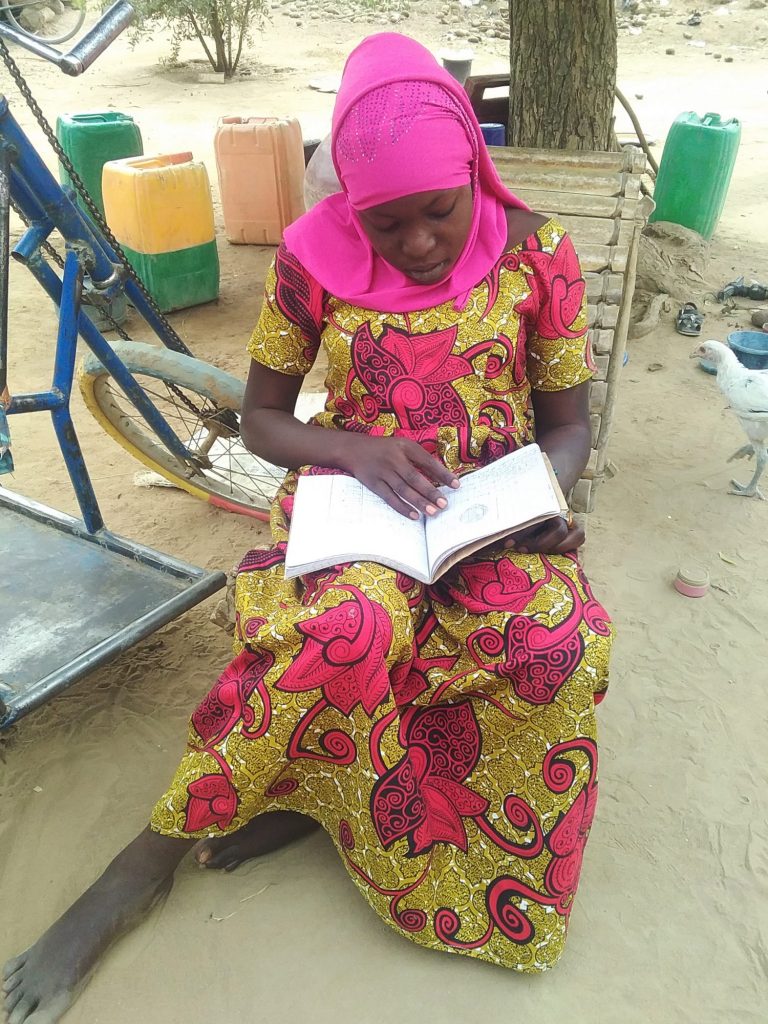
Soungaye loves studying so much that she always has books in hand. She believes by acquiring more knowledge, she can change her future.
The First Barrier – The Identity of Girl
Under this unfavourably setting, it is difficult for children to attend school, especially for girls. Plan International’s research “Adolescent Girls in Crisis: Voices from the Sahel” pointed out that one-third of the girls in Mali has never received any education or only had one year of schooling.
“We have to get married at the age of 13 or 14 and stop going to school.” The research quoted a 14 years old girl. In Mali, parents generally support girls to receive education only when they are little, but when their daughters go through puberty, they tend to marry off their daughters as quickly as possible in fear of unwanted pregnancies that will bring damages to the family’s reputation.
Soungaye was lucky enough to dodge child marriage. However, she still has to finish her household chores first. Only boys are eligible to play or study. Girls in Mali are taught and expected to take care of their families and do all the chores since their births.
After housework, Soungaye can finally step out of her house for school. Yet, welcoming her on the other side of the door is a dangerous environment. A report by the United Nations shows that girls are particularly fragile to gender-based violence under conflicts. They may face molestations, rapes, sex trafficking or even murders. Given the risks, many parents ban their daughters from attending schools and therefore the drop-out rate of girls in conflict areas like Mali is 2.5 times higher than the other regions.
They Cannot See Their Tag on Me
Besides the female identity, Soungaye faces another education barrier. When she was 12, she was diagnosed with polio. As she was not vaccinated, her mother who lacks education did not know how to raise a child healthily and the local extreme Islamic armed forces have forbidden females treated by foreign doctors, Soungaye nearly lost her life.
Eventually, she made it through with a permanent loss of physical mobility in her legs. And she could not return to her school where no accessible facilities were available. “No one helped me. The school staff didn’t even know I wasn’t there…” Soungaye dropped out without anyone noticing.
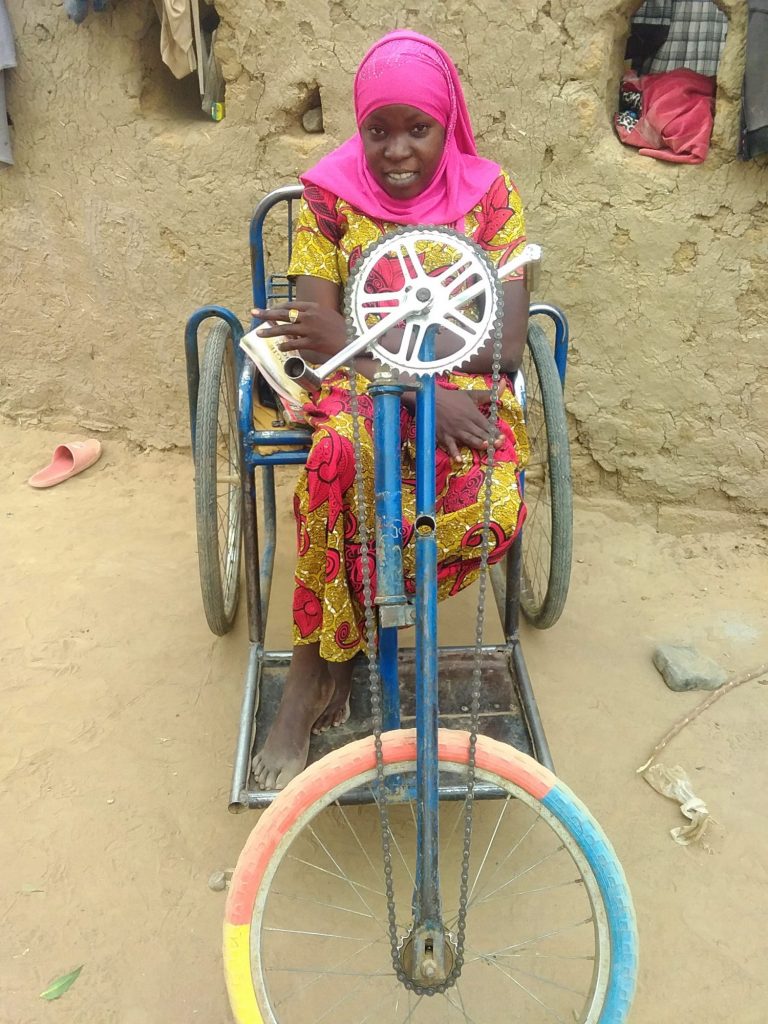
Since Soungaye has to move around in her wheelchair, going to school has become an unreachable dream.
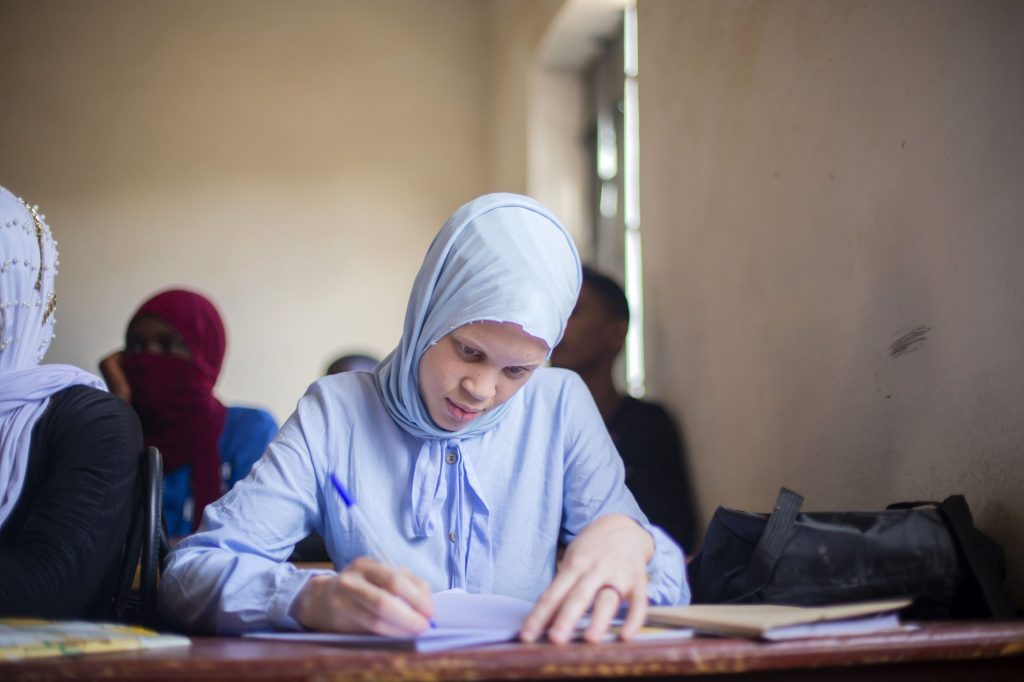
Developing countries such as Mali often lack accessible facilities in schools for students with special needs. It marginalises the students and bars them away from education.
Build a Caring Environment to Break Barriers for Girls
Two months after Soungaye dropped out, Plan International launched the “IMAGINE” programme (Improving Adolescent Girls’ Inclusive Education) in her community to help the 90 thousand girls in Mali, who are struggling with issues like gender inequality, to complete high school. Plan International built accessible facilities in schools and enhanced the communication and co-operation between school staff and parents to make education available to more girls.
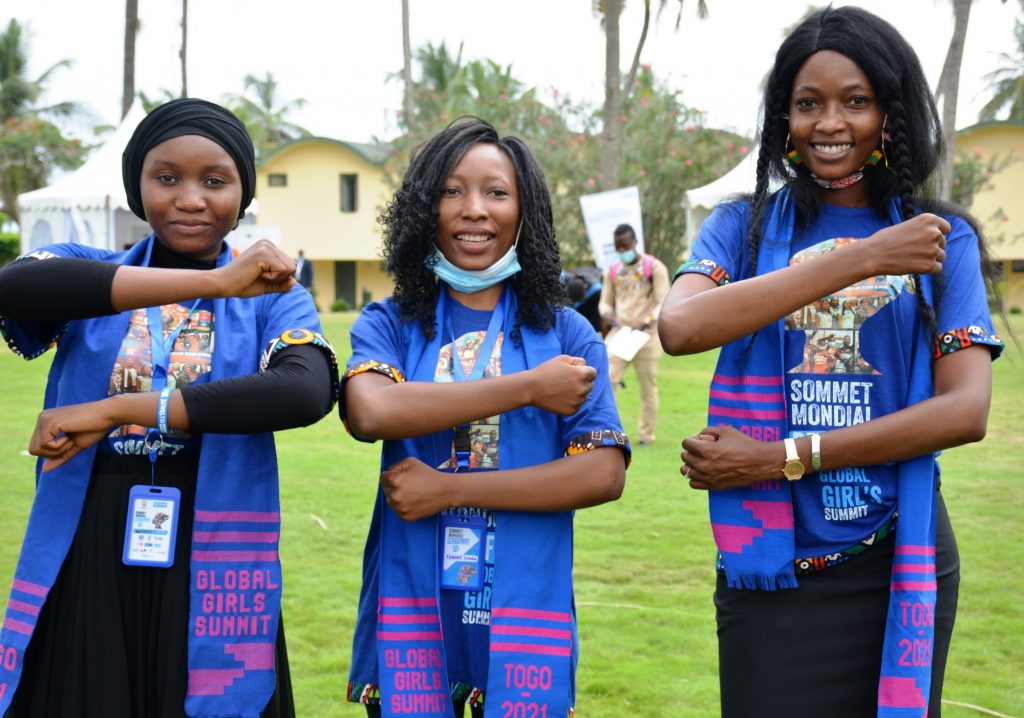
Plan International has been supporting girls and students with special needs to receive education in the years so that every child has the opportunity to thrive.
Globally, our authorities have been promoting inclusive education since the 90s to stress on providing equal rights to education. 20 years later, millions of girls similar to Soungaye are still nowhere close to classrooms. We have to allocate more resources to education so that the hurdles in front of the girls can be eliminated.
Back to her seat in the classroom, Soungaye cannot be more excited about her future, “I cannot move my legs, so I cannot go farming. It reminds me to study harder, support my life in the future and give back to the society!” she said.
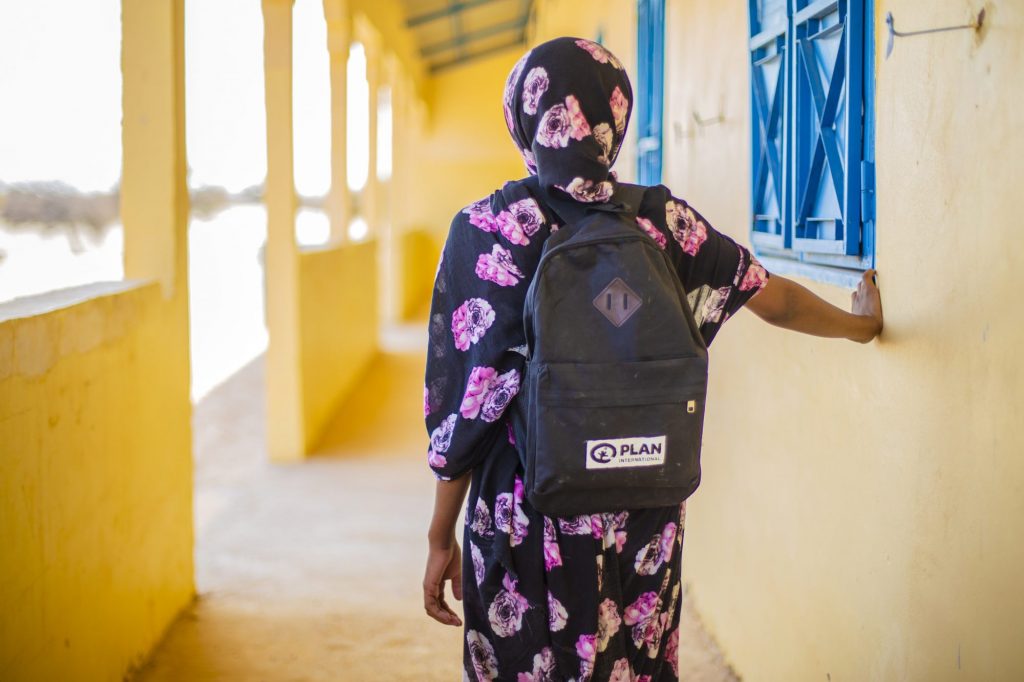
In response to the needs of different regions, Plan International also deliver materials including school supplies, hygiene kits, food aids and awareness building leaflets to children and their families to improve their quality of life from all aspects.
